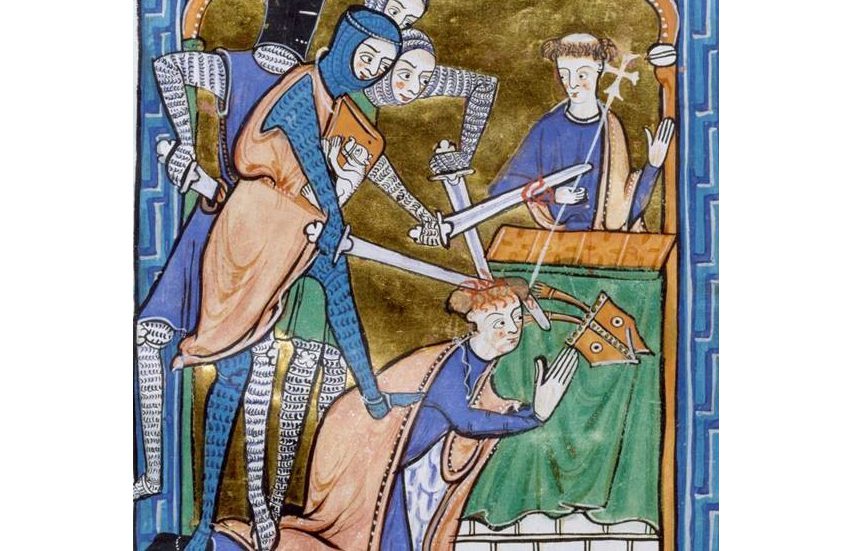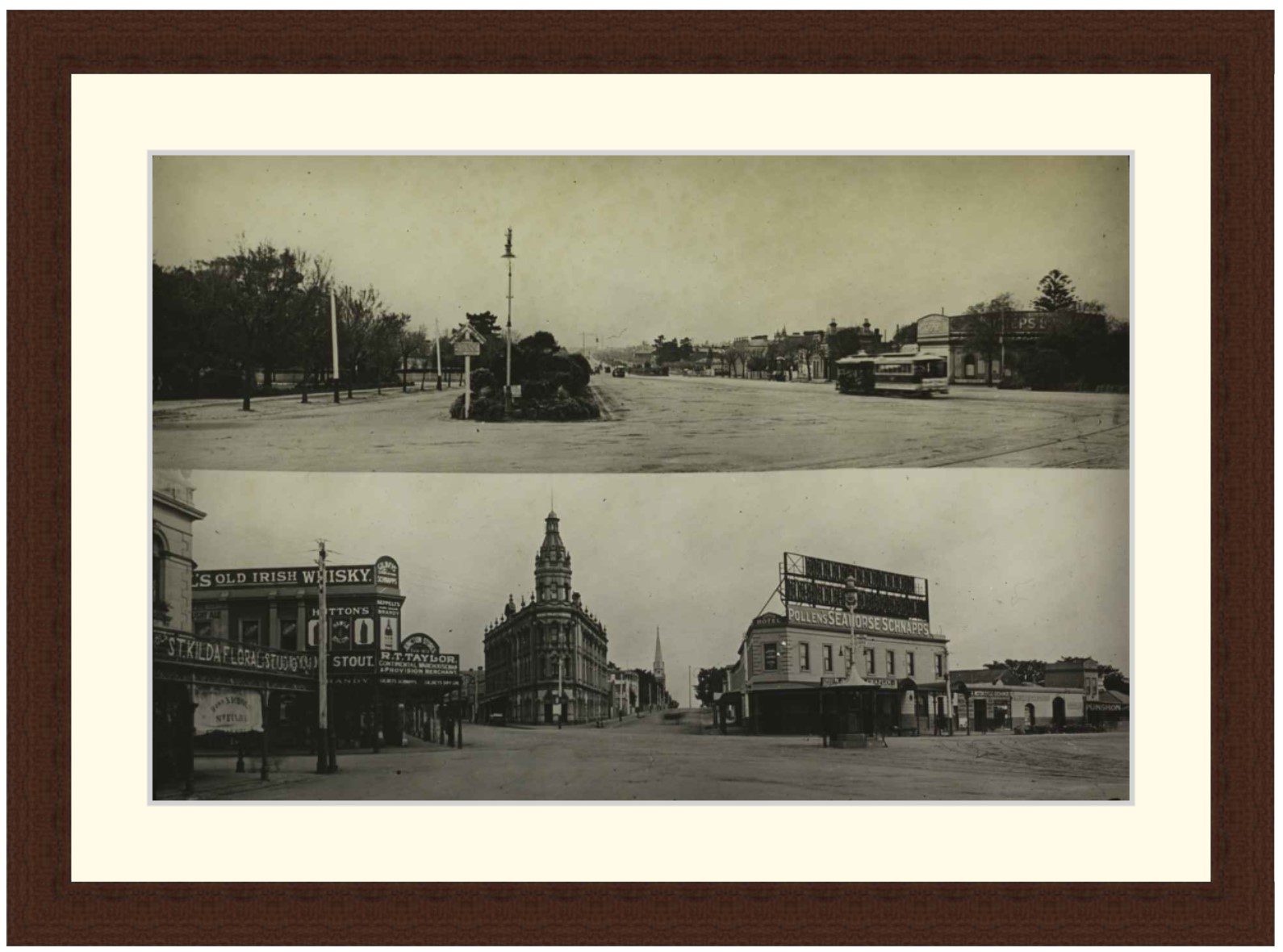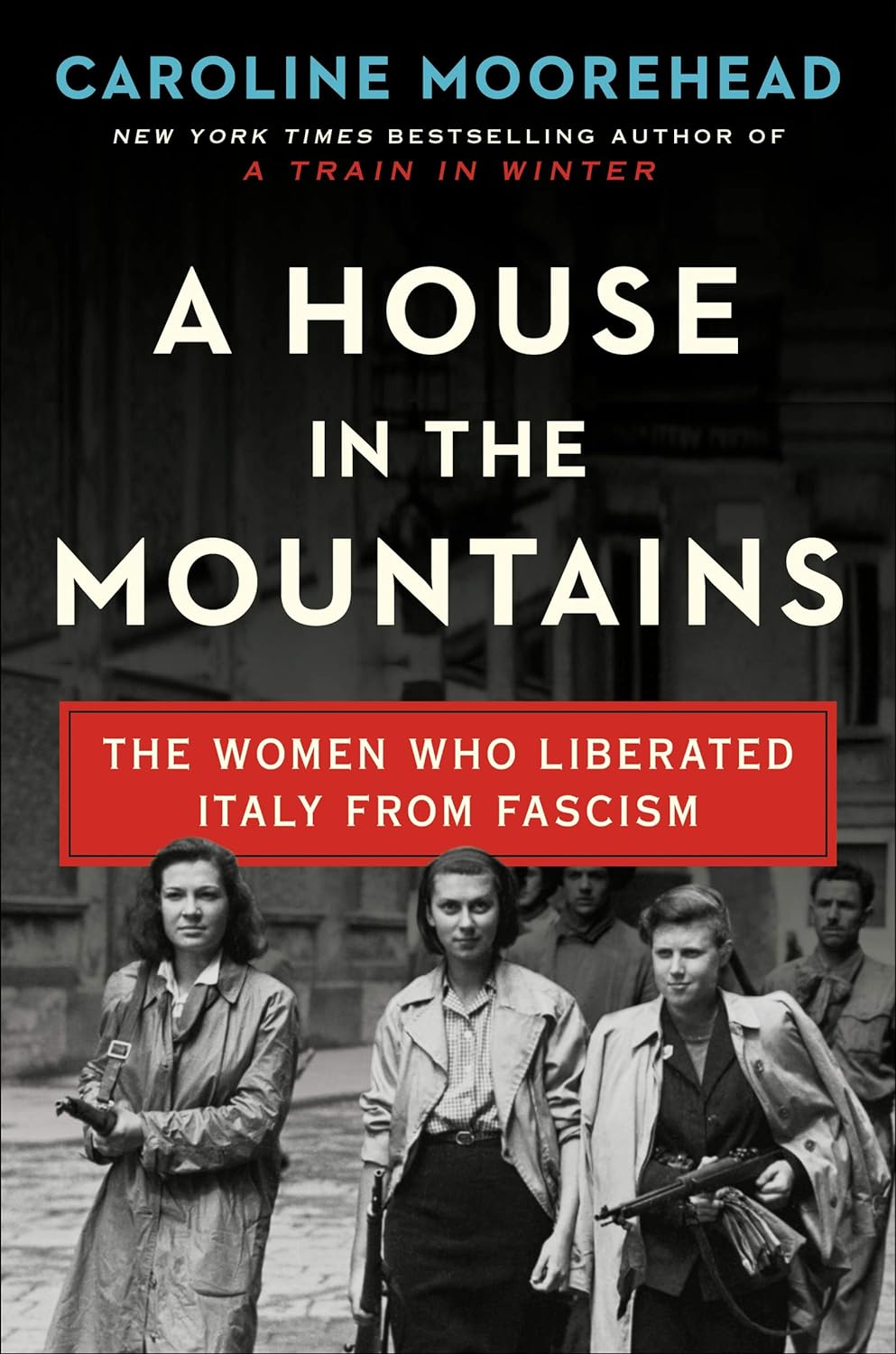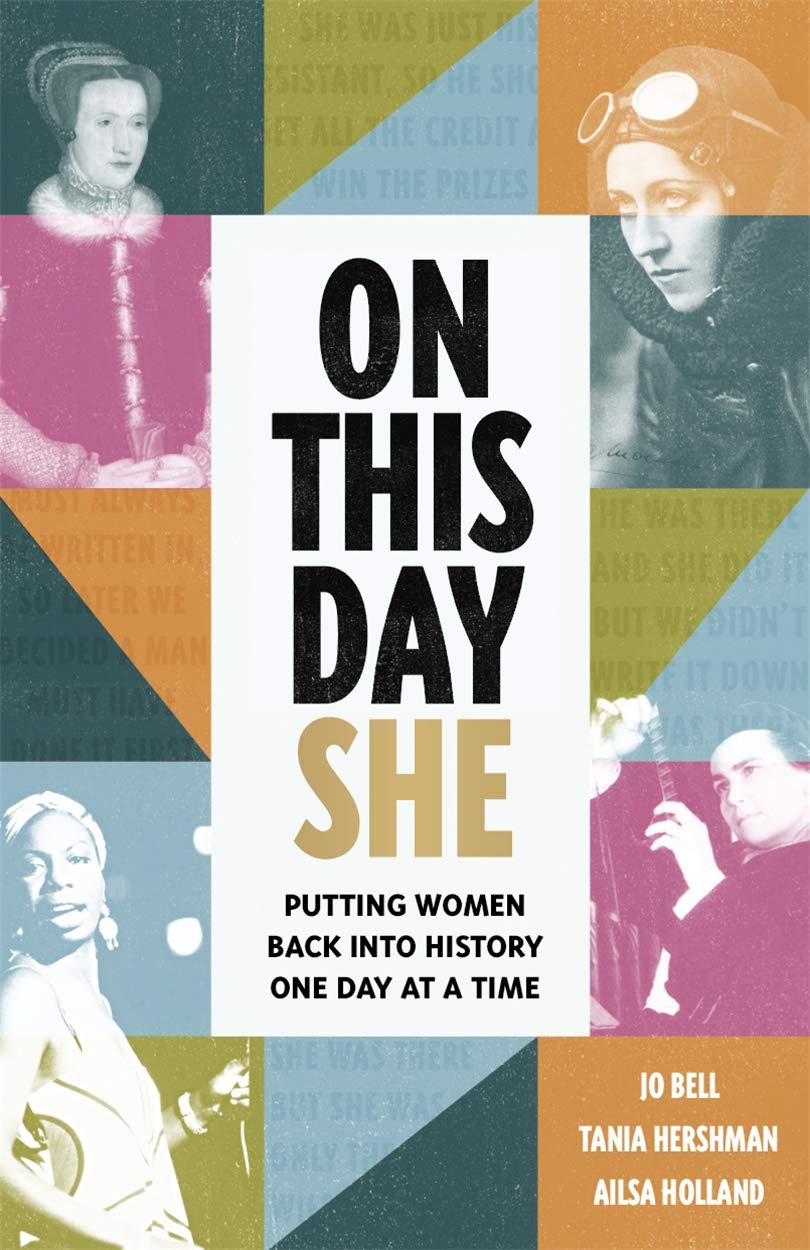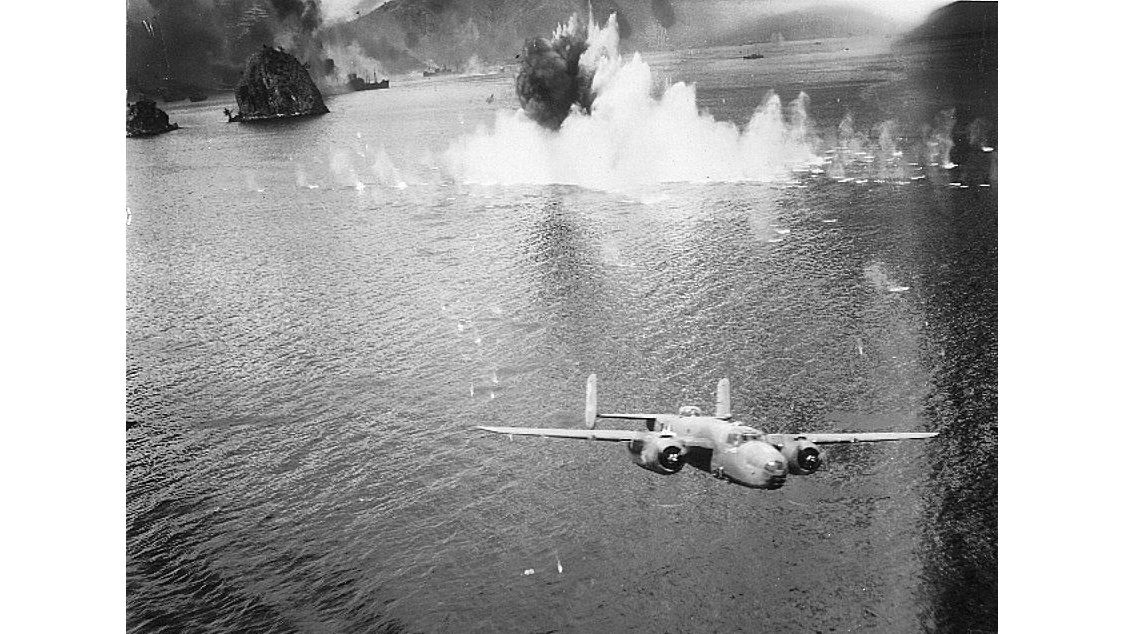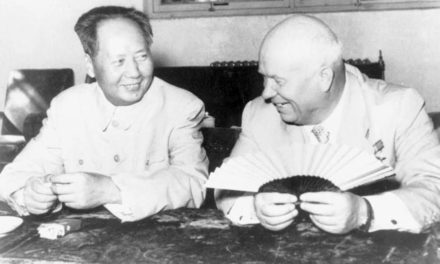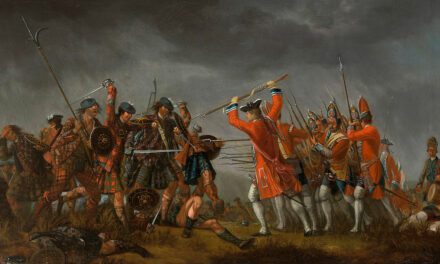History Guild General History Quiz 153
See how your history knowledge stacks up!
Want to know more about any of the questions? Scroll down to learn more!
Have an idea for a question? Suggest it here and we’ll include it in a future quiz!
The stories behind the questions
1. Which English monarch was in power when Thomas Beckett was murdered?
Henry II – Beckett was murdered in Canterbury Cathederal in 1170 by four knights, apparently on the orders of the king.
2. Which of these countries first established a colony in India?
Portugal – The Portuguese established the first European trading centre at Quilon (Kollam) in 1502. This was the start of Portuguese colonialism in India which ended with the invasion of Portuguese Goa by Indian forces in 1961.
3. In 1903 Marie Curie became the first woman to be awarded a Nobel prize for Physics. When was a woman next awarded the Nobel prize for Physics?
1963 – 60 years elapsed until Maria Goeppert Mayer was awarded the prize for proposing the nuclear shell model of the atomic nucleus. In toal only four women have been awarded a Nobel prize for Physics, a staggeringly low 1.8% of the total recipients.
4. In the 1930’s where did Germany establish a school of armoured warfare to subvert the restrictions of the treaty of Versailles?
USSR – The secret Kama tank training school was operated by the German military near Kazan, Soviet Union from 1929 to 1933.
5. When did the UN expel the Republic of China (Taiwan) and transfer China’s UN security council seat to the People’s Republic of China?
1971 – The Republic of China held the UN Security Council seat for China from the formation of the UN in 1945 until 1971. This was depite the fact that the Republic of China only conrolled Taiwan after 1949, with the People’s Republic of China winning the Chinese civil war and occupying the Chinese mainland.
6. The Schlieffen Plan was part of which conflict?
WW1 – Schlieffen saw Germany’s best chance of victory in a swift offensive in the West, against France, while in the East, the German army was initially to be on the defensive. Russia would be dealt with after France had been delivered a decisive blow. In effect, Schlieffen aimed to turn the inescapable reality that Germany would have to fight a two-front war into two one-front wars which it could hope to win. But for the plan to succeed, Germany would have to attack France in such a way as to avoid the heavy fortifications along the Franco-German border.
7. Which of these countries was an important part of the Roman empire?
Romania – The Roman frontier on the lower Danube in waht is now Romania was one of the most heavily fortified frontiers in the Roman Empire. It was designed as a permeable boundary, allowing the movement and peaceful interactions of different cultural groups. The frontier was defensive, with hundreds of military installations from legionary fortresses, auxiliary forts and watchtowers, but it also supported trade and large civilian settlements.
8. What was the goal of the Zionist political movement from 1897-1948?
The establishment of a Jewish state – Zionism is the national movement of the Jewish people that supports the re-establishment of a Jewish homeland in the territory defined as the historic Land of Israel (roughly corresponding to Palestine, Canaan, or the Holy Land).
After almost two millennia of the Jewish diaspora residing in various countries without a national state, the Zionist movement was founded in the late 19th century by secular Jews, largely as a response by Ashkenazi Jews to rising antisemitism in Europe, exemplified by the Dreyfus affair in France and the anti-Jewish pogroms in the Russian Empire. The political movement was formally established by the Austro-Hungarian journalist Theodor Herzl in 1897 following the publication of his book Der Judenstaat (The Jewish State). At that time, the movement sought to encourage Jewish migration to Ottoman Palestine.
9. What was Botswana previously known as?
Bechuanaland – Britain occupied and ruled Botswana as the Bechuanaland Protectorate from 1885 until independence in 1966.
10. Where was Alexander the Great from?
Macedonia – Son of Philip II of Mecedon, Alexander went on to become one of history’s most successful military commanders.

